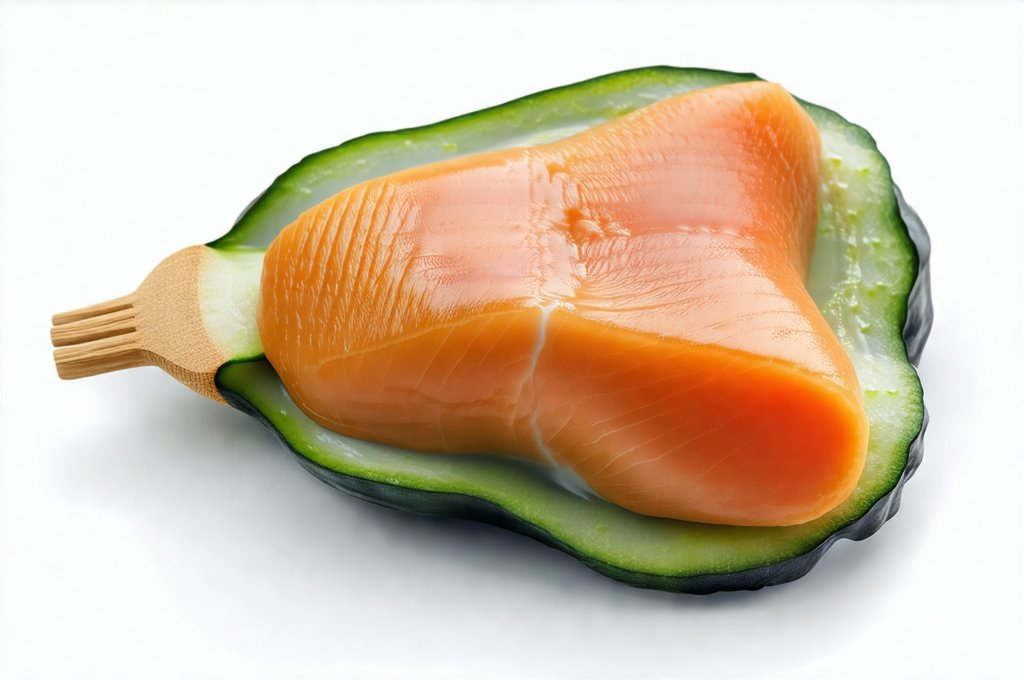Prostate inflammation, often manifesting as prostatitis or associated with benign prostatic hyperplasia (BPH), is a surprisingly common condition affecting men as they age. Beyond the discomforting urinary symptoms – frequent urination, urgency, pain – chronic prostate inflammation can significantly impact quality of life. While medical intervention is crucial for diagnosis and treatment plans, dietary choices play a powerful role in managing inflammation and supporting overall prostate health. Many foods contain naturally occurring compounds that exhibit anti-inflammatory properties or directly benefit prostate function, offering a proactive approach to wellbeing alongside conventional care. It’s important to note this isn’t about “curing” but rather integrating nutritional strategies to support the body’s natural healing processes and mitigate symptoms.
The connection between diet and prostate health is increasingly recognized by researchers. A Western diet high in processed foods, red meat, and dairy has been linked to higher levels of inflammation throughout the body, potentially exacerbating prostate issues. Conversely, diets rich in plant-based foods – fruits, vegetables, whole grains, legumes, and healthy fats – provide antioxidants, vitamins, minerals, and phytonutrients that can combat inflammation and promote cellular health. Focusing on an anti-inflammatory diet isn’t just about excluding “bad” foods; it’s about actively incorporating nutrient-dense options that nourish the body from within and potentially reduce prostate discomfort. This holistic approach emphasizes long-term well-being rather than quick fixes.
Dietary Strategies for a Soothed Prostate
A cornerstone of prostate health through diet lies in embracing anti-inflammatory principles. This means prioritizing foods known to dampen inflammation while minimizing those that promote it. One crucial aspect is increasing your intake of omega-3 fatty acids, found abundantly in fatty fish like salmon, mackerel, and sardines. These essential fats are converted into resolvins and protectins within the body – molecules that actively resolve inflammation. Beyond fish, flaxseeds, chia seeds, and walnuts offer plant-based sources of ALA, an omega-3 precursor. Simultaneously reducing your intake of omega-6 fatty acids (common in processed foods, vegetable oils, and grain-fed meats) can help restore a healthier omega-3 to omega-6 ratio, further mitigating inflammation.
Another key element is the inclusion of colorful fruits and vegetables packed with antioxidants. Berries (blueberries, strawberries, raspberries), tomatoes (containing lycopene), broccoli, spinach, and bell peppers are all excellent choices. Antioxidants neutralize free radicals – unstable molecules that contribute to cellular damage and inflammation. Furthermore, incorporating spices like turmeric (containing curcumin) and ginger adds potent anti-inflammatory properties to your meals. Curcumin, in particular, has been extensively studied for its ability to modulate inflammatory pathways within the body. Remember, consistency is key; integrating these dietary changes into a long-term lifestyle will yield the most substantial benefits.
The Power of Specific Nutrients
Beyond general anti-inflammatory strategies, certain nutrients stand out as particularly beneficial for prostate health. Lycopene, a carotenoid found in tomatoes and watermelon, has been linked to reduced risk of prostate cancer and improved BPH symptoms. Cooking tomatoes actually increases the bioavailability of lycopene, making tomato sauce or paste excellent additions to your diet. Similarly, zinc is crucial for prostate function, playing a role in hormone regulation and immune response. Oysters are a particularly rich source, but leaner sources include beef, pumpkin seeds, and chickpeas. Selenium, another essential mineral found in Brazil nuts, tuna, and mushrooms, acts as an antioxidant and supports healthy prostate cells.
Furthermore, phytosterols – plant compounds structurally similar to cholesterol – can help block the absorption of cholesterol, potentially reducing inflammation and supporting hormonal balance. Found in foods like soybeans, flaxseeds, and fortified cereals, phytosterols are a valuable addition to a prostate-friendly diet. It’s important to remember that nutrient deficiencies can exacerbate prostate issues, so ensuring adequate intake through a balanced diet or supplementation (under medical guidance) is vital. A comprehensive approach considers both what you add to your diet and what you remove.
Foods to Limit or Avoid
Prostate health isn’t solely about incorporating beneficial foods; it also involves minimizing those that can potentially aggravate inflammation or contribute to prostate problems. – Red Meat: Excessive consumption of red meat, particularly processed varieties, has been linked to increased inflammation and a higher risk of BPH. Opt for leaner protein sources like fish, poultry, and legumes instead.
– Dairy Products: High dairy intake may be associated with increased levels of IGF-1, a growth hormone that some studies suggest can contribute to prostate cancer development. Consider limiting dairy or choosing lower-fat options.
– Processed Foods: These are often loaded with unhealthy fats, sugar, and additives that promote inflammation. Focus on whole, unprocessed foods as the foundation of your diet.
Hydration is Key
Adequate hydration is paramount for overall health, and it’s particularly important for prostate function. Drinking sufficient water helps flush out toxins, supports urinary flow, and prevents constipation, which can put added pressure on the prostate. Aim for at least eight glasses of water per day, adjusting based on activity level and climate. Herbal teas, such as green tea (rich in antioxidants) or dandelion root tea (a natural diuretic), can also contribute to hydration and offer additional health benefits. Avoid excessive caffeine and alcohol consumption, as these can irritate the bladder and exacerbate urinary symptoms.
Incorporating Lifestyle Changes
Diet is just one piece of the puzzle when it comes to prostate health. Combining dietary changes with other healthy lifestyle habits can significantly enhance your overall wellbeing. – Regular Exercise: Physical activity helps reduce inflammation, manage weight, and improve circulation.
– Stress Management: Chronic stress can exacerbate inflammation. Practice relaxation techniques like yoga, meditation, or deep breathing exercises.
– Adequate Sleep: Aim for 7-8 hours of quality sleep per night to allow your body to repair and rejuvenate.
– Regular Checkups: Don’t neglect regular prostate checkups with your healthcare provider to monitor your health and address any concerns promptly.
Ultimately, a proactive approach that combines dietary modifications, lifestyle adjustments, and consistent medical care is the most effective strategy for managing prostate inflammation and promoting long-term wellbeing. Remember to consult with your doctor or a registered dietitian before making significant changes to your diet or starting any new supplements. This information is intended for general knowledge and informational purposes only, and does not constitute medical advice. It is essential to consult with a qualified healthcare professional for any health concerns or before making any decisions related to your health or treatment.





















